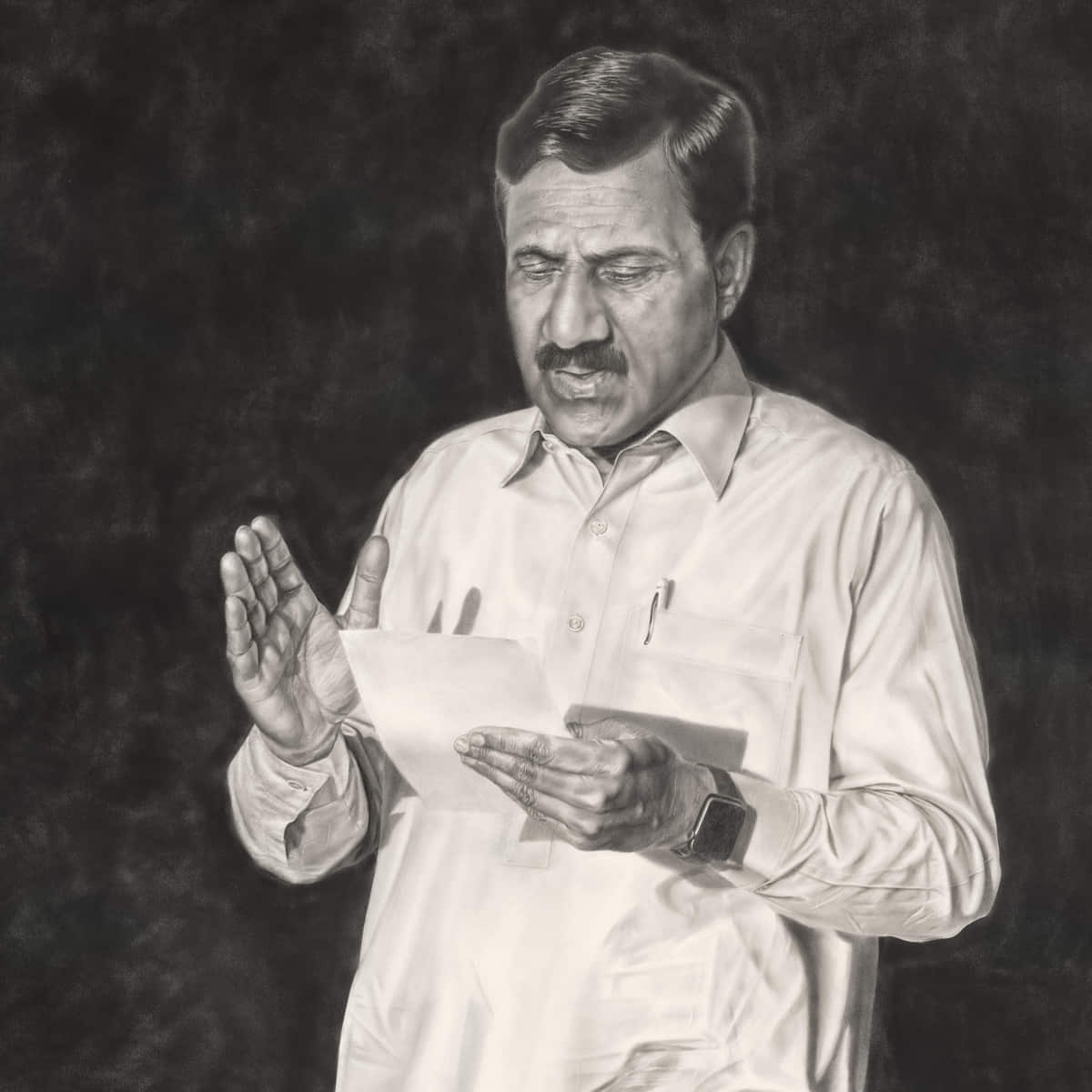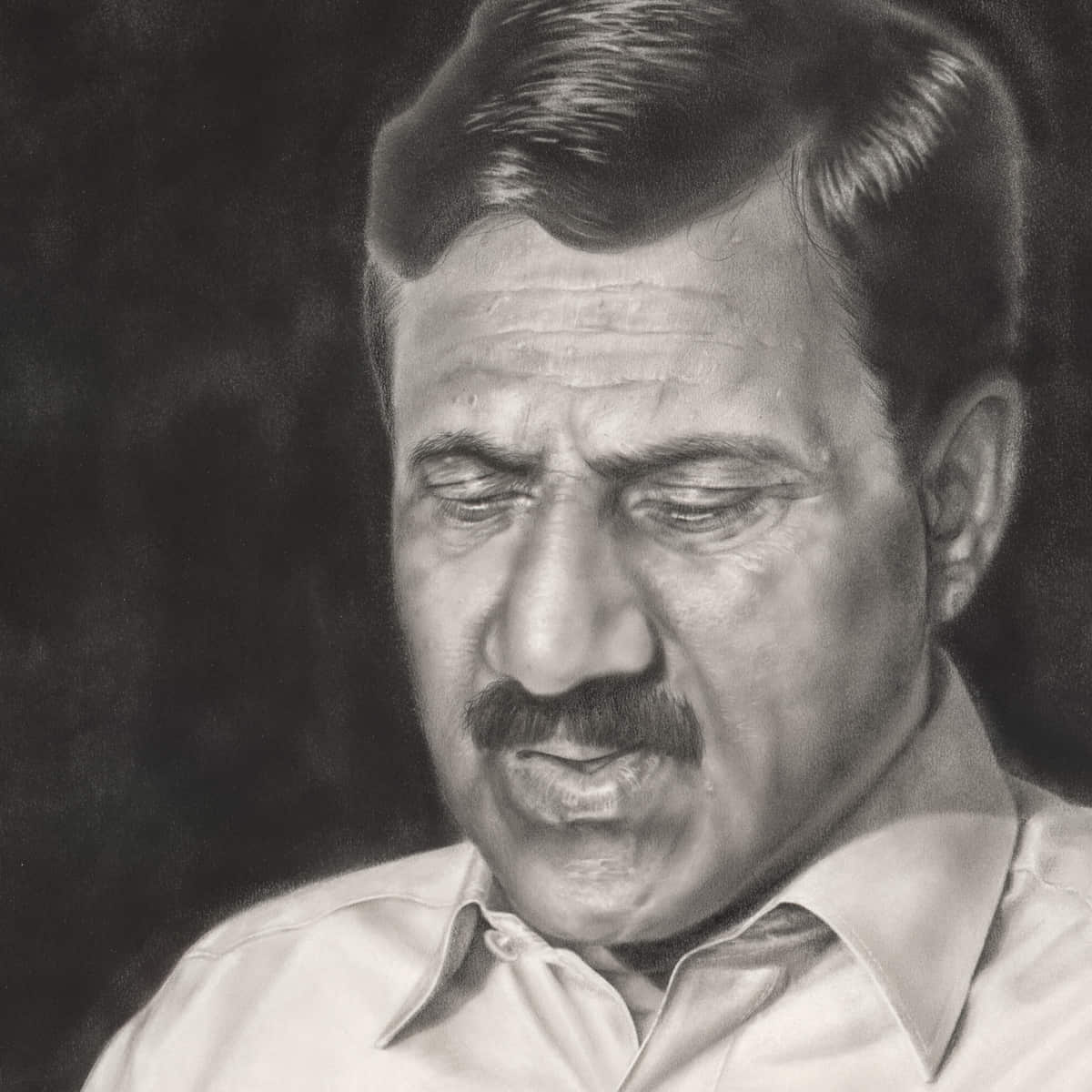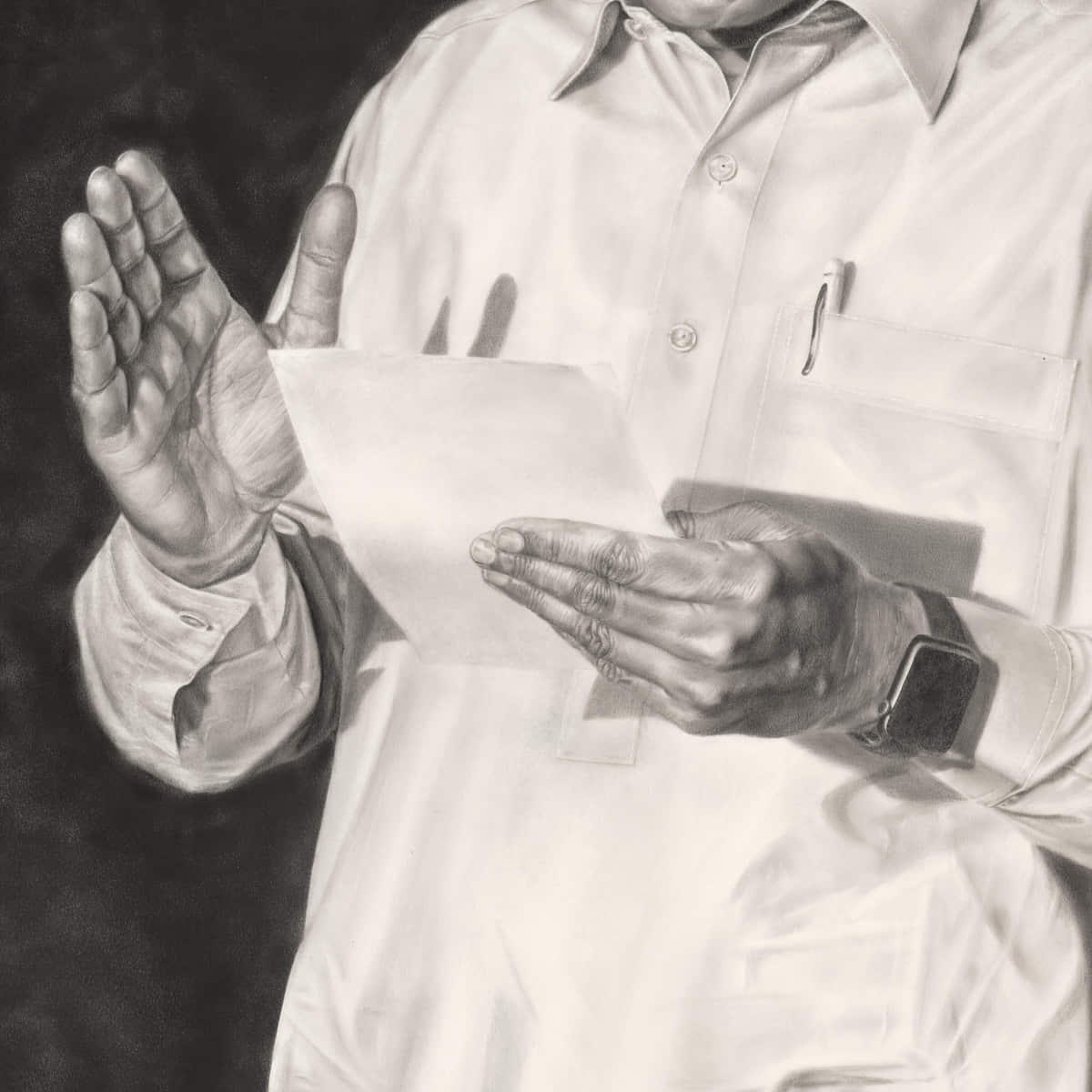Ziauddin Yousafzai: A Powerful Voice For Justice And Education
When we think about champions of human rights and education, a few names truly stand out, and one of them is certainly Ziauddin Yousafzai. He is, in a way, a guiding light for many, particularly in his tireless work for girls' schooling and basic human dignity. People often wonder about his background, what truly shaped his commitment, and how he became such a formidable figure on the global stage. It's almost as if his entire life has been a preparation for this significant role he plays in the world.
You might know him best as the father of Nobel laureate Malala Yousafzai, but his own story is very rich and compelling. His journey, you know, goes far beyond that important family connection. It actually tells a tale of incredible resilience, deep conviction, and a relentless pursuit of what is right. He’s someone who has truly dedicated his life to making the world a fairer place, especially for those whose voices are often silenced.
This article will explore the impactful work of Ziauddin Yousafzai, particularly focusing on how his public life and advocacy reflect the dedication and principles often associated with a legal advocate. We will look at his background, his efforts for human rights, and how his passion for justice, in many respects, makes him a powerful voice akin to a dedicated attorney, championing the rights of others. We'll also touch upon some common questions people have about him, so you can get a better picture of his contributions.
Table of Contents
- Biography of Ziauddin Yousafzai
- Personal Details and Bio Data
- A Life Dedicated to Education
- The Attorney of Human Rights: Ziauddin Yousafzai's Advocacy
- Speaking Out for Justice
- Global Impact and Recognition
- Facing Adversity with Resolve
- The Power of His Voice
- Future Horizons and Ongoing Work
- Frequently Asked Questions About Ziauddin Yousafzai
- Conclusion
Biography of Ziauddin Yousafzai
Ziauddin Yousafzai was born in Shangla District, Swat Valley, Pakistan, and his early life, in a way, laid the groundwork for his future activism. He grew up in a region where access to education, especially for girls, was quite limited, and this reality surely shaped his core beliefs. From a young age, he felt a strong pull towards learning and saw education as a fundamental right, not just a privilege. This conviction, you know, became a guiding principle for his entire life.
He pursued higher education, earning a Master's degree in English literature, which is quite impressive. His academic journey wasn't just about personal growth; it was about equipping himself to make a difference. After completing his studies, he chose to return to his home region, which, you know, speaks volumes about his commitment to his community. He could have gone anywhere, but he came back to Swat.
It was in Swat Valley that he really started to put his beliefs into action. He founded a school, the Khushal Public School, which was a very brave step. This wasn't just any school; it was a place where girls were actively encouraged to learn and thrive, which was, at the time, a rather revolutionary idea in that area. He believed that educating girls was the key to a better future for everyone, and he put his energy into making that happen. His school became a symbol of hope and progress, a place where young minds, like his daughter Malala's, could truly flourish and find their voices. This commitment to education, particularly for girls, became the cornerstone of his life's work, and it's something he has championed tirelessly ever since, even when facing very serious threats.
Personal Details and Bio Data
| Attribute | Detail |
|---|---|
| Full Name | Ziauddin Yousafzai |
| Date of Birth | April 20, 1969 |
| Place of Birth | Shangla District, Swat Valley, Pakistan |
| Nationality | Pakistani |
| Known For | Human Rights Activist, Education Advocate, Diplomat, Father of Malala Yousafzai |
| Profession | Educator, Activist, Diplomat (often acts as a legal advocate for human rights) |
| Education | Master's Degree in English Literature |
| Notable Role | UN Special Advisor on Global Education |
| Family | Married, Father of Malala Yousafzai |
A Life Dedicated to Education
Ziauddin Yousafzai’s deep commitment to education isn't just a talking point; it's something he has lived and breathed, especially through the Khushal Public School. He started this school, and that was, you know, a very clear statement of his beliefs. He wanted to provide a place where children, boys and girls alike, could get a good education, something that was quite rare in his community at the time. He saw education as the most powerful tool for change, a way to break cycles of poverty and injustice, and to truly empower individuals.
His vision for the school went beyond just teaching reading and writing; it was about fostering critical thinking and encouraging young people to question things. He believed that education should open minds, not just fill them with facts. This approach, you know, was particularly important for the girls in his school, as they were often denied the chance to learn. He fought against traditional views that kept girls at home, insisting that their minds were just as capable and deserving of knowledge.
Even when the Taliban took control of Swat Valley and tried to shut down girls' schools, Ziauddin stood firm. He continued to advocate for education, speaking out against the injustice, which, you know, was incredibly brave. His daughter, Malala, inspired by his example, also began to speak out, eventually becoming a global symbol of the fight for education. His unwavering dedication to this cause, despite the very real dangers, shows just how deeply he believes in the transformative power of learning for everyone.
The Attorney of Human Rights: Ziauddin Yousafzai's Advocacy
While Ziauddin Yousafzai is primarily known as an educator and activist, his work, in many ways, mirrors the dedication and principles of a committed attorney. He has spent his life advocating for fundamental rights, speaking up for those who cannot speak for themselves, and challenging systems that deny justice. This isn't about practicing law in a courtroom, but it's about a deep, unwavering commitment to legal principles like equality and fairness, which, you know, is very much what a good attorney does.
His advocacy for girls' education, for instance, is a fight for a basic human right recognized by international law. He argues for the legal and moral imperative of providing every child, regardless of gender, with access to schooling. He frames his arguments not just as personal beliefs but as universal entitlements, which, you know, is a very strong legal approach. He understands that denying education isn't just a social problem; it's a violation of rights.
He also speaks out against extremism and violence, highlighting how these actions undermine the rule of law and human dignity. In his speeches and writings, he often references the importance of peace, justice, and the protection of vulnerable populations, all of which are core tenets of legal and human rights frameworks. His role, in a sense, is that of a public defender for humanity, using his voice to argue for the rights and well-being of people around the world. He's very much someone who champions legal principles through his powerful advocacy.
Speaking Out for Justice
Ziauddin Yousafzai's willingness to speak truth to power is one of his most defining characteristics. Even when living under the threat of the Taliban, he continued to publicly denounce their actions, particularly their ban on girls' education. This was, you know, an act of immense courage. He used local media, international platforms, and any opportunity he could find to highlight the injustices happening in Swat Valley. He believed that silence was not an option when fundamental rights were being trampled.
His powerful voice, very much like a skilled attorney presenting a case, has resonated globally. He doesn't just share stories; he frames them within a larger context of human rights and universal values. He explains why denying education is not just wrong but also detrimental to society as a whole. He articulates the long-term consequences of such actions, which, you know, is a very persuasive way to argue for change.
After the attack on Malala, his platform expanded significantly, and he used it to continue his advocacy for education and peace. He became a UN Special Advisor on Global Education, a role that allows him to influence policy and push for change on an international scale. In this capacity, he often engages with world leaders, policymakers, and educational institutions, making the case for investing in education and protecting the rights of children everywhere. He is, quite simply, a tireless advocate, always ready to speak up for what he believes is right, and that, you know, is a truly inspiring thing to witness.
Global Impact and Recognition
Ziauddin Yousafzai’s work has earned him significant global recognition, not just because of his connection to Malala, but because of his own profound contributions. He travels the world, speaking at major conferences, universities, and forums, sharing his message of peace, education, and human rights. His speeches are often very moving, combining personal anecdotes with a broader vision for a better world, and that, you know, really resonates with people.
He has been honored with numerous awards and accolades for his dedication. These recognitions highlight the impact he has had on raising awareness about the importance of education, especially for girls, in regions where it is often denied. He is seen as a symbol of hope and resilience, someone who stood up against oppression and continued to fight for what he believed in, even when facing extreme danger. His story is, in some respects, a testament to the power of an individual to spark global change.
His role as a UN Special Advisor on Global Education further solidifies his influence. In this capacity, he advises on strategies to ensure quality education for all children, working to implement policies that remove barriers to learning. He uses his platform to advocate for funding, resources, and political will to make universal education a reality. His efforts demonstrate how one person's unwavering commitment can truly inspire movements and bring about meaningful progress on a global scale, and that, you know, is quite remarkable.
Facing Adversity with Resolve
The journey of Ziauddin Yousafzai has been marked by incredible challenges, particularly the period when the Taliban gained control of Swat Valley. During that time, life became very difficult, and the threat of violence was constant. Yet, he refused to be silenced. He continued to operate his school, even when it meant putting himself and his family at great risk. This kind of resolve, you know, is truly rare and very powerful.
The attack on his daughter, Malala, was, of course, a horrific event that shook their family and the world. It was a direct consequence of their outspoken advocacy for education. However, instead of retreating, this tragedy only strengthened their resolve. Ziauddin, along with Malala, decided to continue their fight on a global stage. He became her primary caregiver and advocate during her recovery, but also continued to champion the cause that had nearly cost them everything.
His ability to transform personal tragedy into a renewed commitment to his mission is, in a way, a defining aspect of his character. He could have chosen a quiet life, but he chose to keep fighting for the rights of others. This resilience, you know, serves as a powerful reminder that even in the face of the most daunting adversity, one can still find the strength to stand up for justice and continue to work towards a better world. It’s a very inspiring example for us all.
The Power of His Voice
Ziauddin Yousafzai's voice is, without a doubt, one of his most potent tools. He uses it not only to tell his family's story but also to advocate for millions of children around the world who are denied their right to education. When he speaks, people listen, because his words come from a place of deep personal experience and unwavering conviction. He speaks with an authenticity that is, you know, truly compelling.
He is a master at conveying complex issues in a simple, heartfelt way. He connects with audiences by sharing anecdotes from his life in Swat Valley, making the global struggle for education feel very personal and immediate. He explains why education is not just about books but about freedom, dignity, and the ability to shape one's own future. This approach, you know, helps people understand the true stakes involved.
Whether he is addressing world leaders at the United Nations or speaking to students in a classroom, his message is consistent: every child deserves the chance to learn. He challenges stereotypes, promotes understanding, and inspires action. His speeches are not just informative; they are calls to conscience, urging people to recognize their shared responsibility in building a more just and educated world. The impact of his voice, you know, is felt far and wide, sparking conversations and encouraging change.
Future Horizons and Ongoing Work
Even after achieving significant global recognition and seeing his daughter become a Nobel laureate, Ziauddin Yousafzai’s work is far from over. He continues to be a very active voice in the global education movement, always looking for new ways to make an impact. His commitment to universal education and human rights remains as strong as ever, and that, you know, is really admirable.
He is still very involved with the Malala Fund, an organization co-founded with his daughter, which works to ensure that all girls have access to 12 years of free, safe, quality education. Through this fund, he helps to support local educators and advocates in various countries, empowering them to bring about change in their own communities. This hands-on approach shows his dedication to practical solutions, which is, you know, very important for real progress.
Ziauddin also continues his role as a UN Special Advisor, using that platform to push for policy changes and increased investment in education. He believes that education is the most sustainable path to peace and prosperity, and he continues to champion this idea wherever he goes. His ongoing efforts demonstrate a lifelong commitment to justice and a belief that a better world is possible through learning and advocacy. He is, quite simply, a tireless champion for the rights of children everywhere.
Frequently Asked Questions About Ziauddin Yousafzai
What is Ziauddin Yousafzai's primary profession?
Ziauddin Yousafzai is primarily known as an educator, human rights activist, and diplomat. He founded and ran a school in Pakistan and has since become a global advocate for education, particularly for girls. While he is not a practicing attorney in the traditional sense, his work deeply involves advocating for legal rights and justice, very much like a dedicated legal professional would.
How does Ziauddin Yousafzai advocate for human rights?
He advocates for human rights through public speaking, writing, and his work with organizations like the Malala Fund and as a UN Special Advisor on Global Education. He champions the right to education, especially for girls, and speaks out against extremism and violence. His advocacy is rooted in the belief that education is a fundamental human right and a powerful tool for social change.
What is the Malala Fund and Ziauddin Yousafzai's role in it?
The Malala Fund is a non-profit organization co-founded by Malala and Ziauddin Yousafzai that works to secure 12 years of free, safe, quality education for every girl. Ziauddin plays a crucial role in the fund's advocacy efforts, using his experience and platform to promote girls' education globally and support local education initiatives.
Conclusion
Ziauddin Yousafzai’s life story is a powerful reminder of how one person's unwavering commitment can truly make a difference in the world. His dedication to education, his courageous advocacy for human rights, and his resilience in the face of adversity are, you know, truly inspiring. He embodies the spirit of a true champion for justice, someone who uses his voice and his platform to uplift others and fight for a more equitable future. His work, in many ways, serves as a beacon of hope for countless individuals seeking a better life through learning and empowerment. Learn more about his incredible journey on our site, and link to this page for more insights into his global advocacy.

Ziauddin Yousafzai - Maria Torp

Ziauddin Yousafzai - Maria Torp

Ziauddin Yousafzai - Maria Torp